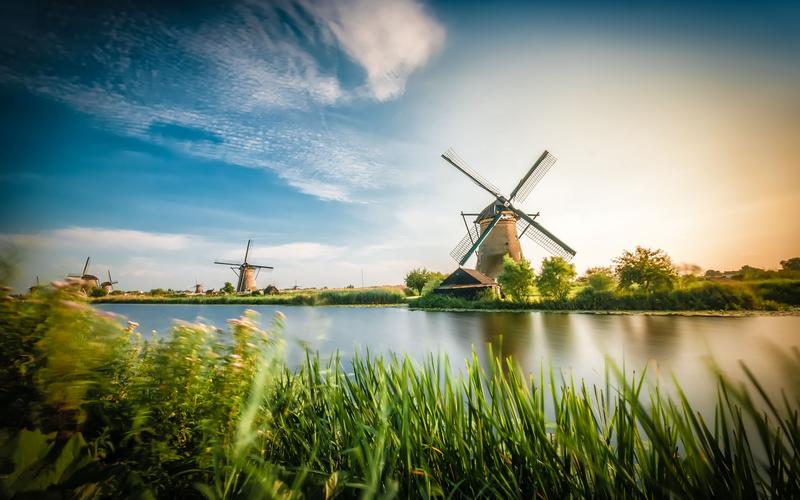The Rich Diversity of Cultural Traditions: Synonym for Ancestral Rituals
The world is a diverse place, with different people and cultures coexisting and evolving since the dawn of time. Every culture boasts its unique set of customs, and while some have been lost over time, some have survived and thrive to this day. These traditions, while holding significant meaning to the people who preserve them, are often overlooked or not fully understood by the rest of the world. In this article, we focus on the rich diversity of cultural traditions and assess why they continue to be synonyms for ancestral rituals.
Mystical Significances of Cultural Traditions
Cultural traditions, deemed as synonyms for ancestral rituals, are practices that people of a particular culture conform to, usually based on the experiences of their predecessors. These rituals and practices have significant mystical meanings and are woven into the fabric of the culture. They are upheld, revered, and even imbibed into the values and beliefs of the people.
For instance, the Yoruba people in Nigeria, despite the influence of modernization, still retain their cultural practices that have been passed down from generation to generation, such as performing the Sango worship and Ifa divination. These rituals are seen as ancestral rituals that establish a connection or bridge between the living people and their ancestors, telling a story or providing a source of identity to the culture’s descendants.
Rich Cultural Heritage
Cultural traditions and ancestral rituals are essential to preserving a culture’s heritage and identity. For example, the unique folklore of the Masaai people of Kenya and Tanzania has been passed down orally from generation to generation. They utilize their storytelling culture as a means of maintaining their heritage and identity. The stories usually center on lessons that preserve their values, beliefs, and traditions.
As well, another way to preserve a culture is through the celebration of cultural festivals. The Indian “Holi” festival that celebrates the end of winter and the arrival of spring stands as a significant example of how cultural traditions are celebrated and used to promote a country’s heritage.
Celebration and Preservation
Cultural traditions don’t just have to be about preserving cultural heritage and identity. They also provide a means of celebration. The whole world celebrates the coming of a new year in various ways, but the Chinese New Year remains the most culturally-rich and creative, drawing from centuries of ancestral traditions passed down and adapted through time.
Recommendations
We should take the time to properly understand other cultures and their traditions – their value is of immense importance to humanity’s rich tapestry. Additionally, the wariness of cultural appropriation should be checked. Every culture should be celebrated for its unique aspects and not be hijacked for the sake of fashion or to promote a product. It’s likewise necessary to encourage the younger generation to participate in these traditions and to preserve them in their way while ensuring their longevity.
Conclusion
Every culture boasts a unique set of customs, traditions, and rituals that have been passed down from generation to generation; these traditions should be celebrated and preserved, as they are synonymous with the culture’s ancestral rituals. They imbibe the values, heritage, and identity of the culture they belong to. The rest of the world should take note and properly understand them to prevent any culture from becoming a lost tradition.
(Note: Do you have knowledge or insights to share? Unlock new opportunities and expand your reach by joining our authors team. Click Registration to join us and share your expertise with our readers.)
Speech tips:
Please note that any statements involving politics will not be approved.
